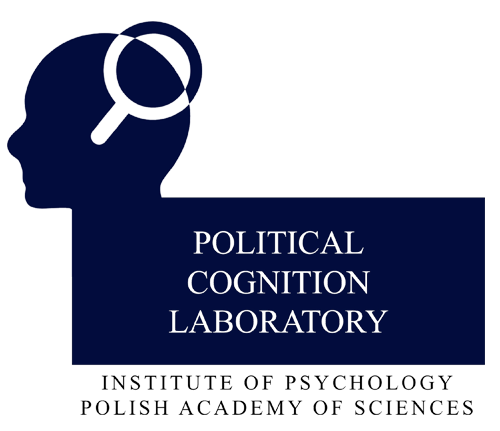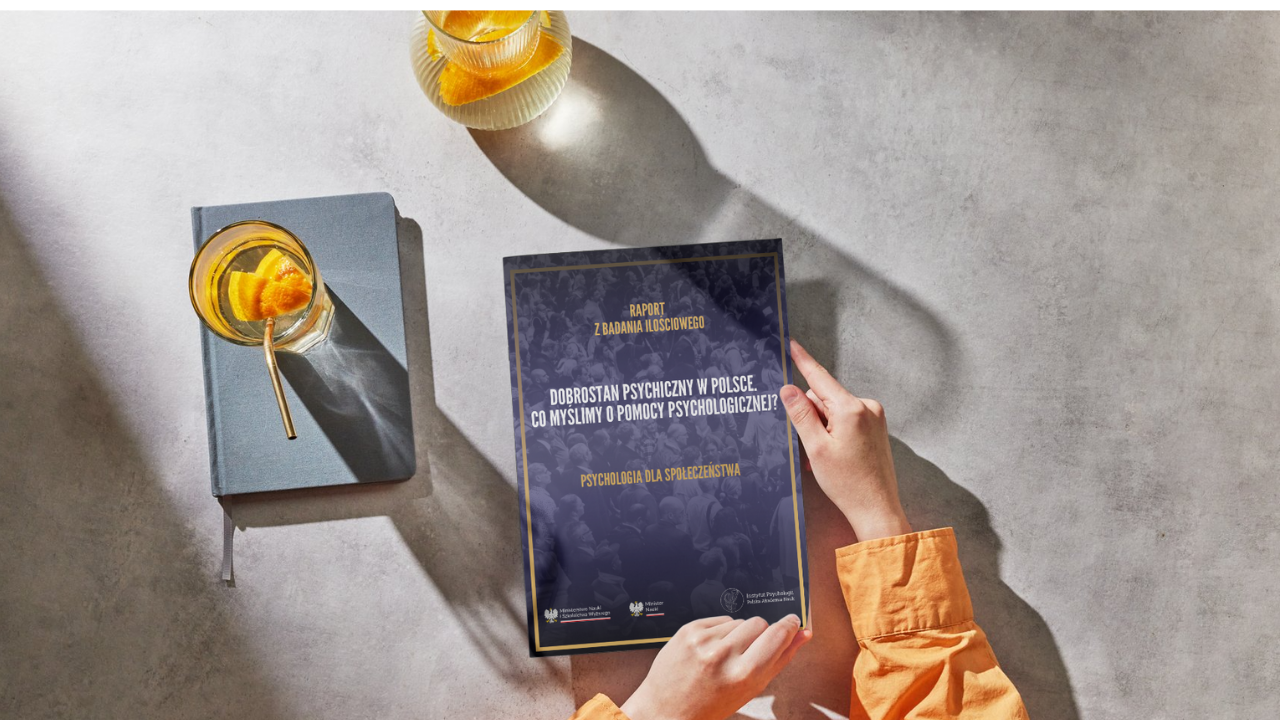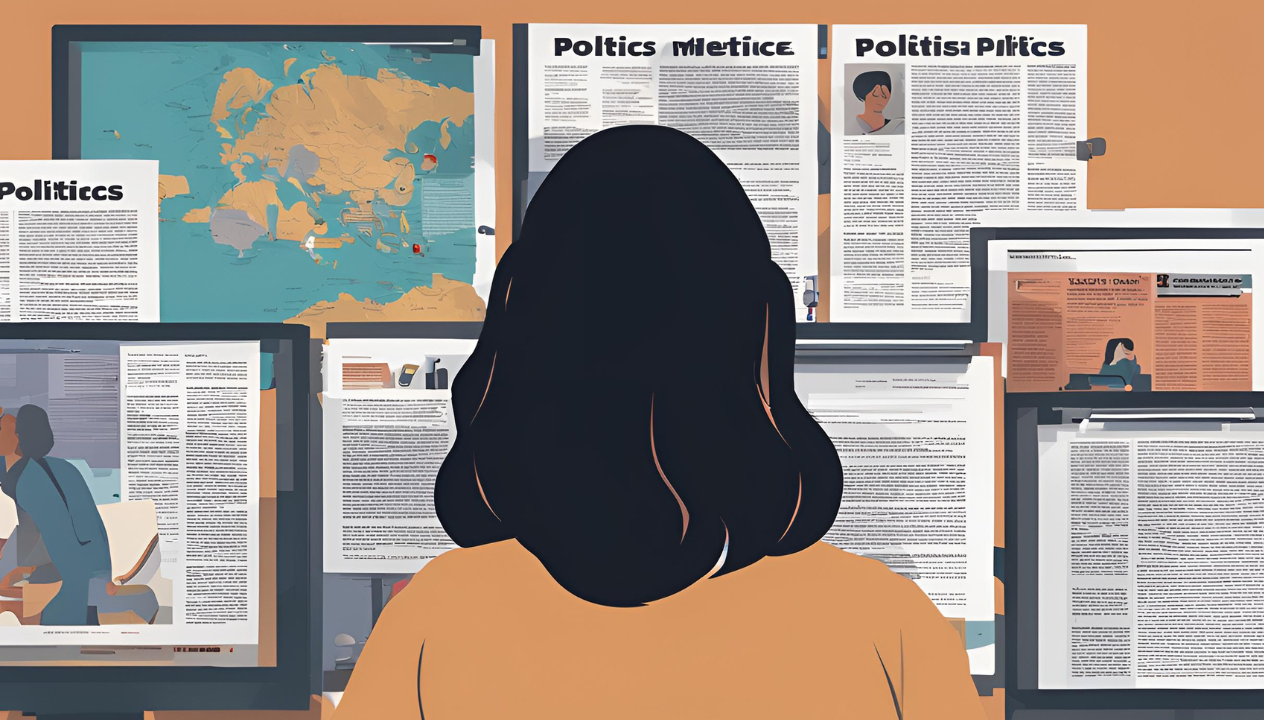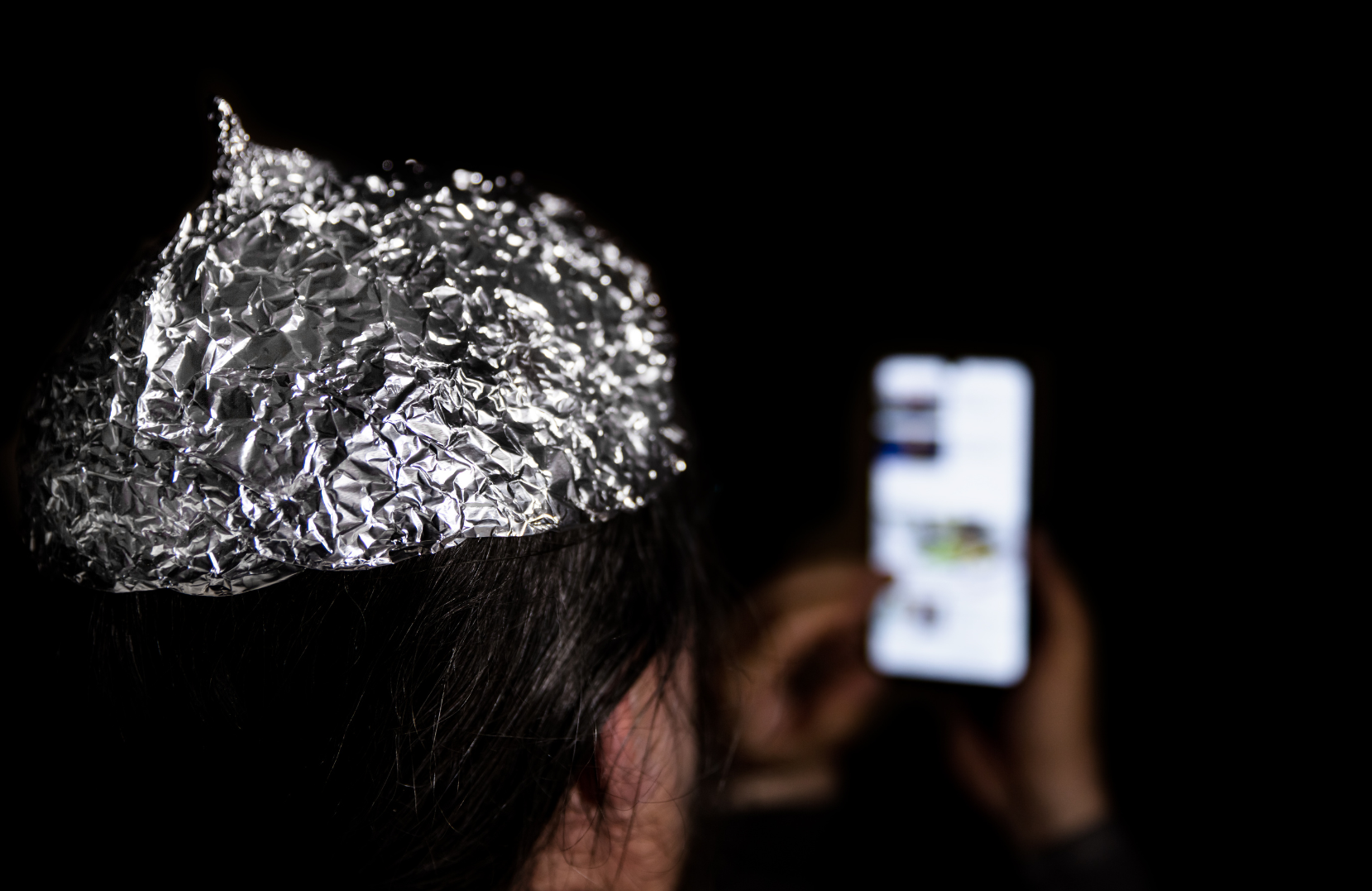Can conspiracy beliefs have positive consequences?
In the paper titled: The devil is not as black as he is painted? On the positive relationship between food industry conspiracy beliefs and conscious food choices, dr Marta Marchlewska, Dagmara Szczepańska, Adam Karakula and Zuzanna Molenda from the Political Cognition Lab of the Institute of Psychology, Polish Academy of Sciences, together with Dominika Maison from the Faculty of Psychology of the University of Warsaw take up the topic of potentially positive effects of conspiracy beliefs. The text has just been published in PLOS ONE.
We are the first to publish data suggesting potentially adaptive correlates of conspiracy beliefs in the context of food choices and behavior. Data discussed in the paper show that individuals higher on the scale of food industry conspiracy theories are more cautious when it comes to making decisions related to food choices.
Abstract:
Previous research found that conspiracy beliefs were usually activated when individuals faced different types of psychological threats and that they led mainly to maladaptive individual and societal outcomes. In this research, we assumed that potential harmfulness of conspiracy beliefs may depend on the context, and we focused on the link between food industry conspiracy beliefs and conscious food choices. We hypothesized that food industry conspiracy beliefs may allow for a constructive attempt to protect oneself against real or imagined enemies (i.e., food industry companies) by conscious food choices (e.g., paying attention to how much the food products are processed). We tested this hypothesis among Polish participants (Study 1; N = 608; cross-sectional and Study 2; N = 790; experimental). Study 1 confirmed that context-specific conspiracy beliefs (but not general notions of conspiracy) are associated with adaptive consumer behaviors. Study 2 showed that inducing feelings of threat related to the possibility of purchasing food contaminated by a harmful bacteria (vs. control condition) increased food industry conspiracy beliefs, which were further positively linked to conscious food choices. We discuss the role of threat and conspiracy beliefs in adaptive consumer behaviors related to food choices.









